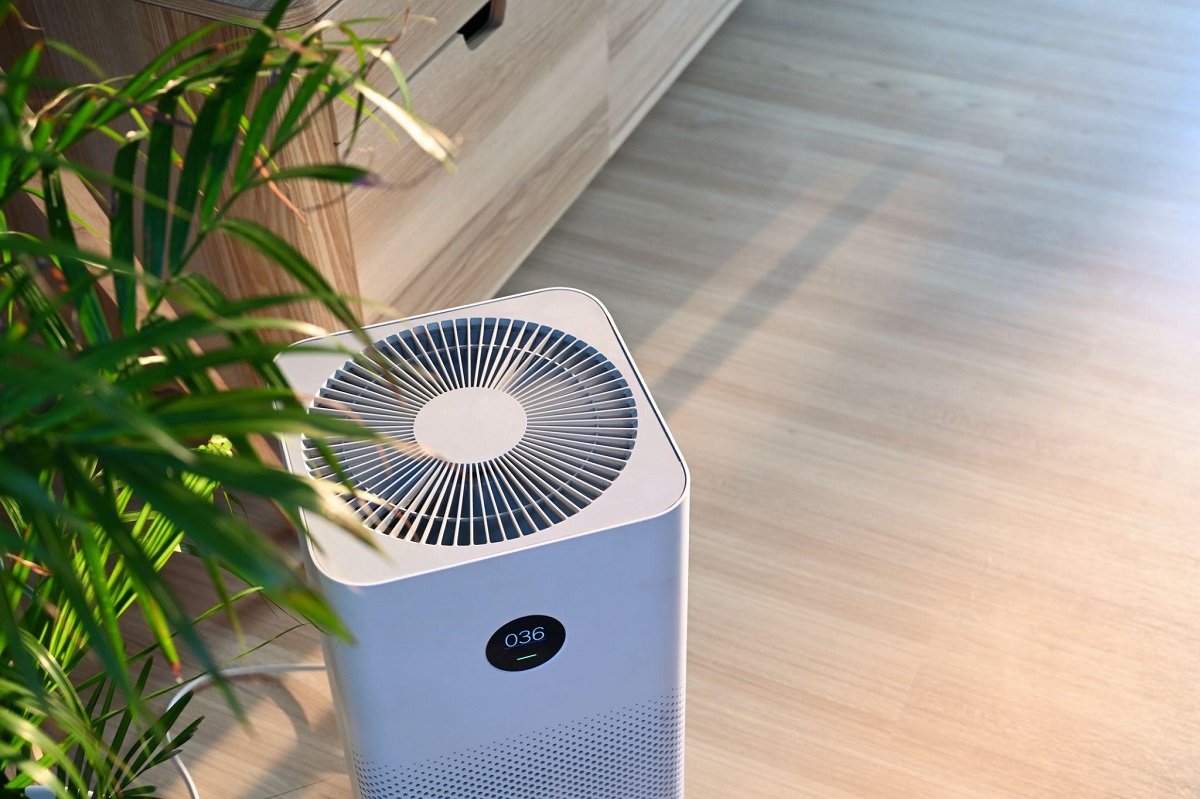

Articles
How Long Should You Run Air Purifier
Modified: January 6, 2024
Unsure how long to run your air purifier? Read our informative articles to learn the ideal duration and maximize the benefits of clean air in your home.
(Many of the links in this article redirect to a specific reviewed product. Your purchase of these products through affiliate links helps to generate commission for Storables.com, at no extra cost. Learn more)
Introduction
Welcome to the world of air purifiers, where cleaner and fresher air can make a significant difference in your health and overall well-being. With increasing concerns about air pollution, allergens, and respiratory issues, many people are turning to air purifiers as a solution to improve the air quality in their homes and offices.
But how long should you run an air purifier? Is it necessary to keep it running 24/7, or can you turn it off when you’re not at home? In this article, we will explore the factors to consider when determining how long to run an air purifier, as well as provide recommendations for different situations.
Key Takeaways:
- Tailor air purifier usage based on room size, indoor air quality, and health concerns. Consider continuous usage for allergies and asthma, and intermittent usage for general air quality maintenance.
- Different air purifier types offer unique features. Choose HEPA filters for allergens, activated carbon for odors, and UV germicidal lamps for germ neutralization. Regular maintenance is key for optimal performance.
Read more: How Long Should Your Air Conditioner Run
Factors to Consider
When deciding how long to run your air purifier, there are a few key factors to take into consideration. Let’s examine each of these factors in more detail:
- Room Size: The size of the room plays a crucial role in determining the duration of air purifier usage. Larger rooms may require a longer running time to effectively clean the air, while smaller rooms may need shorter intervals.
- Indoor Air Quality: The initial air quality in your home or office can influence the duration of air purifier usage. If you live in an area with high pollution or have specific air quality concerns, you may need to run the purifier for a longer period of time to achieve the desired results.
- Health Concerns: Individuals with respiratory conditions, allergies, or weakened immune systems may benefit from running an air purifier continuously or for extended periods of time. This can help remove airborne particles and allergens that may trigger symptoms or aggravate existing conditions.
Now that we have explored the key factors, let’s delve into the different types of air purifiers available on the market.
Key Takeaways:
- Tailor air purifier usage based on room size, indoor air quality, and health concerns. Consider continuous usage for allergies and asthma, and intermittent usage for general air quality maintenance.
- Different air purifier types offer unique features. Choose HEPA filters for allergens, activated carbon for odors, and UV germicidal lamps for germ neutralization. Regular maintenance is key for optimal performance.
Read more: How Long Should Your Air Conditioner Run
Factors to Consider
When it comes to determining how long to run your air purifier, several factors should be taken into consideration. Let’s explore each of these factors in more detail:
- Room Size: The size of the room is an important consideration when determining the duration of air purifier usage. Larger rooms typically require a longer running time to effectively clean the air, as there is more space for pollutants and particles to accumulate. On the other hand, smaller rooms may need shorter intervals of air purifier usage.
- Indoor Air Quality: The initial air quality in your home or office can also impact the duration of air purifier usage. If you live in an area with high pollution or have specific air quality concerns, such as pet dander or odors, you may need to run the purifier for a longer period of time to achieve the desired results. Regularly monitoring the air quality using a sensor or air quality index (AQI) can help you determine when to run the purifier.
- Health Concerns: Individuals with respiratory conditions, allergies, or weakened immune systems may benefit from running an air purifier continuously or for extended periods of time. Air purifiers can help remove airborne particles and allergens that may trigger symptoms or aggravate existing conditions. Consult with your healthcare professional for specific guidance on air purifier usage based on your individual health needs.
- Types of Air Purifiers: Different types of air purifiers have varying filtration and cleaning capacities, which can affect the recommended duration of usage. Common types of air purifiers include HEPA (High-Efficiency Particulate Air) filters, activated carbon filters, ionizers, and UV germicidal lamps. HEPA filters are renowned for their ability to capture 99.97% of airborne particles as small as 0.3 microns, while activated carbon filters excel at removing odors and gases. Ionizers release charged particles that attach to airborne contaminants, causing them to fall out of the air, and UV germicidal lamps use ultraviolet light to neutralize germs and bacteria. Understanding the capabilities and limitations of your air purifier can help you determine how long to run it for optimal results.
It’s important to note that while running an air purifier can improve indoor air quality, it should not be considered a substitute for proper ventilation and regular cleaning routines. Opening windows, allowing fresh air to circulate, and regularly vacuuming and dusting can further enhance the air quality in your home.
Now that we have explored the factors to consider, let’s move on to discuss the recommended duration of air purifier usage for different scenarios.
Room Size
The size of the room is an essential factor to consider when determining how long to run your air purifier. The larger the room, the more time it may take for the air purifier to effectively clean the air. Conversely, smaller rooms may require shorter intervals of usage.
For smaller rooms, such as bedrooms or home offices, running the air purifier for a few hours a day may be sufficient to maintain good air quality. Running it while you sleep or work can ensure that you are breathing clean air during those periods of time.
On the other hand, larger areas like living rooms or open-concept spaces may require longer running times. The increased square footage allows for more pollutants and particles to accumulate, requiring the air purifier to work harder and for a more extended period to effectively clean the air. In these cases, running the air purifier for several hours or even continuously can help maintain optimal air quality.
It’s important to keep in mind that air purifiers work by continuously cycling the air in the room through their filtration systems. This process takes time, especially in larger spaces. To ensure the best air quality, refer to the manufacturer’s guidelines or consult with an HVAC professional to determine the appropriate running time for your specific room size.
Additionally, if you have multiple levels or rooms in your home, consider using multiple air purifiers strategically placed throughout the house. This can help ensure that every area of your home is covered and that the air quality is consistently improved.
Understanding the size of the room and adapting the duration of air purifier usage accordingly can help maximize the effectiveness of your air purifier and create a healthier living environment.
Now that we have explored the impact of room size, let’s move on to discuss the importance of indoor air quality in determining the duration of air purifier usage.
Indoor Air Quality
The indoor air quality of your home or office is an important factor to consider when determining how long to run your air purifier. The initial air quality in your space can influence the duration of usage needed to achieve and maintain cleaner air.
If you live in an area with high pollution levels or have specific air quality concerns, such as pet dander, dust, or allergens, it may be necessary to run your air purifier for longer periods of time. By continuously circulating and filtering the air, the purifier can effectively capture and remove airborne particles, pollutants, and allergens, improving the overall indoor air quality.
You can monitor the air quality in your home or office by using a sensor or an air quality index (AQI) meter. These tools can provide real-time measurements of particulate matter (PM2.5 and PM10), volatile organic compounds (VOCs), carbon dioxide levels, and other indicators of air quality. By regularly checking the air quality, you can determine when it is necessary to run the air purifier for longer durations to keep the air clean and healthy.
In addition to outdoor pollution, indoor air can also be affected by factors such as cooking activities, smoking, cleaning products, and building materials. These sources can release harmful pollutants and chemicals into the air, contributing to poor indoor air quality. Running an air purifier can help mitigate these issues and provide a healthier living or working environment.
It’s important to note that the overall effectiveness of an air purifier in improving indoor air quality depends on factors such as the type of purifier, the quality of the filters, and the specific pollutants present. Different air purifiers have varying degrees of filtration capacity, with HEPA (High-Efficiency Particulate Air) filters being highly effective at capturing fine particles, allergens, and pollutants.
Keep in mind that air purifiers should be used in conjunction with other strategies to improve indoor air quality, such as proper ventilation, regular cleaning, and reducing or eliminating known sources of pollution. By addressing all these factors and monitoring the indoor air quality, you can determine the appropriate duration of air purifier usage to maintain a clean and healthy environment.
Now that we have explored the impact of indoor air quality, let’s move on to discuss the role of health concerns in determining the duration of air purifier usage.
It is recommended to run an air purifier for at least 6-8 hours a day to effectively improve indoor air quality. However, the duration may vary based on the size of the room and the air purifier’s capacity.
Read more: How Long Should An Attic Fan Run
Health Concerns
When considering how long to run an air purifier, it’s important to take into account any specific health concerns you or your family members may have. Air purifiers can be particularly beneficial for individuals with respiratory conditions, allergies, or weakened immune systems.
Air purifiers work by removing airborne particles, allergens, and pollutants from the air, which can help reduce the triggers for respiratory symptoms and allergies. Running an air purifier continuously or for extended periods of time can help create a cleaner environment and improve indoor air quality for those with health concerns.
Individuals with asthma, for example, may find relief by running an air purifier in their bedroom while they sleep. This can help remove common asthma triggers like dust mites, pet dander, and pollen, allowing for better breathing and a more restful sleep.
Similarly, those who suffer from allergies can benefit from using an air purifier to reduce the presence of allergens such as pollen, mold spores, and dust particles. By reducing exposure to these allergens, allergy symptoms can be minimized, leading to improved overall well-being.
Individuals with compromised immune systems, such as the elderly or those undergoing medical treatments, may also benefit from continuous air purification. By removing airborne viruses, bacteria, and germs, air purifiers can help create a healthier environment and reduce the risk of infection.
It’s important to note that air purifiers should not be considered a cure-all for health conditions. They are a supplemental measure that can help improve indoor air quality and reduce exposure to certain triggers. If you have specific health concerns, it’s best to consult with your healthcare professional for guidance on the appropriate duration and usage of an air purifier.
Now that we have discussed the impact of health concerns, let’s move on to explore the different types of air purifiers available on the market.
Types of Air Purifiers
When it comes to air purifiers, there are several different types available on the market, each with its own unique features and capabilities. Understanding the different types can help you make an informed decision about the most suitable air purifier for your needs.
1. HEPA Filters: HEPA filters, or High-Efficiency Particulate Air filters, are widely regarded as one of the most effective types of air purifiers. They are capable of capturing 99.97% of airborne particles as small as 0.3 microns in size, effectively removing common pollutants, allergens, and bacteria from the air.
2. Activated Carbon Filters: Activated carbon filters excel at removing odors, gases, and volatile organic compounds (VOCs) from the air. They contain a layer of activated carbon that absorbs and traps these odorous substances, resulting in fresher and cleaner air.
3. UV Germicidal Lamps: UV germicidal lamps use ultraviolet light to neutralize germs, bacteria, and viruses in the air. They can be a valuable addition to air purifiers, especially in environments where cleanliness and hygiene are of utmost importance.
4. Ionizers: Ionizers release negatively charged ions into the air, which bind to airborne pollutants and particles, causing them to fall out of the air and onto surfaces. Ionizers can help reduce airborne contaminants and improve overall air quality.
5. Ozone Generators: Ozone generators are designed to release ozone molecules into the air to neutralize and eliminate odors. However, it’s important to note that ozone generators should be used with caution, as high levels of ozone can be harmful to human health.
It’s important to choose an air purifier that suits your specific needs and addresses your concerns. Consider the types of pollutants you want to eliminate, the size of the room you plan to use the purifier in, and any specific features or preferences you may have.
Regardless of the type of air purifier you choose, it’s important to follow the manufacturer’s guidelines for optimal usage and maintenance. This includes replacing filters regularly, cleaning the unit as recommended, and ensuring proper ventilation in the room.
Now that we have explored the different types of air purifiers, let’s move on to discuss the recommended duration of air purifier usage based on various situations and scenarios.
Duration of Air Purifier Usage
The recommended duration of air purifier usage can vary depending on factors such as room size, indoor air quality, and individual needs. Here are some general guidelines to consider:
- Continuous Usage: For individuals with severe allergies, respiratory conditions, or compromised immune systems, running the air purifier continuously can provide the greatest benefit. This ensures that the air is continuously filtered, reducing the presence of allergens, pollutants, and airborne particles.
- Intermittent Usage: If you don’t have specific health concerns and your indoor air quality is relatively good, you may choose to run the air purifier on an intermittent basis. This could involve running it for a few hours a day, especially during peak pollution hours or when you’re in the room.
- During Sleep: Running the air purifier while you sleep can be beneficial for those with allergies or respiratory conditions. It helps create a cleaner and healthier sleeping environment, allowing for better quality sleep and reduced exposure to allergens or pollutants.
- When Away from Home: If you’re not at home for extended periods, it’s generally acceptable to turn off the air purifier. However, it’s important to resume usage as soon as you return to ensure continuous filtration of the air.
It’s worth noting that air purifiers are most effective when windows and doors are closed to prevent outdoor pollutants from entering the space. However, if the outdoor air quality is significantly better than indoor air quality, opening windows for ventilation can be beneficial, and the air purifier can be used alongside it to provide additional filtration.
Ultimately, the duration of air purifier usage should be based on your specific needs and the conditions of your environment. Regularly monitor the indoor air quality, assess your health concerns, and adjust the duration of air purifier usage accordingly.
Now, let’s move on to discuss personalized recommendations for different situations.
Recommendations for Different Situations
When it comes to air purifier usage, the optimal duration may vary depending on different situations and environments. Here are some recommendations tailored to specific scenarios:
- Allergy Relief: If you suffer from allergies, consider running the air purifier continuously or for longer periods, especially in the rooms where you spend the most time. This can help reduce exposure to allergens such as pollen, dust mites, and pet dander that can trigger allergic reactions.
- Asthma Management: Individuals with asthma can benefit from running the air purifier in the bedroom during sleep. This helps filter out asthma triggers like dust particles and allergens, creating a cleaner and safer breathing environment throughout the night.
- Pet Owners: Pet owners should consider running the air purifier continuously or for extended periods, as it can help remove pet dander, pet hair, and odors associated with pets. This is especially important for individuals with allergies to pet allergens.
- High Pollution Areas: If you live in an area with high levels of outdoor pollution, it’s recommended to run the air purifier for longer periods, particularly during times of the day when pollution levels are the highest. This can help filter out harmful pollutants, improving indoor air quality and reducing respiratory issues.
- Newly Renovated Spaces: After undergoing renovations or construction work, running the air purifier continuously for a period of time can help remove dust, particulates, and volatile organic compounds (VOCs) from the air. This is especially important to create a healthy environment in the newly renovated space.
It’s important to note that these recommendations serve as general guidelines. Depending on the severity of your specific situation or health concerns, you may need to consult with a healthcare professional or air quality expert for personalized advice.
Furthermore, it’s essential to regularly maintain and clean your air purifier according to the manufacturer’s recommendations. This includes changing filters as indicated and keeping the purifier free from dust and debris to ensure optimal performance.
By following these recommendations and adapting the usage of your air purifier to suit your specific needs, you can create a healthier and cleaner living environment for yourself and your loved ones.
Now, let’s conclude our discussion on determining the duration of air purifier usage.
Read more: How Long Should A Pool Cleaner Run
Conclusion
Air purifiers can be valuable tools in improving indoor air quality and creating a healthier living environment. Determining how long to run an air purifier depends on various factors, including room size, indoor air quality, health concerns, and personal preferences.
For smaller rooms, running the air purifier for a few hours a day may be sufficient, while larger rooms may require longer durations of usage to effectively clean the air. Monitoring indoor air quality, especially in areas with high pollution levels, can help determine the appropriate running time.
Individuals with respiratory conditions, allergies, or weakened immune systems may benefit from continuous or extended usage of air purifiers. Keeping the air purifier running can help reduce exposure to allergens, pollutants, and bacteria, providing relief and improving overall well-being.
When choosing an air purifier, consider the different types available, such as HEPA filters, activated carbon filters, UV germicidal lamps, ionizers, and ozone generators. Each type has its own unique features and capabilities to address specific air quality concerns.
Tailoring the duration of air purifier usage to suit your specific needs is crucial. Allergy sufferers may opt for continuous usage, asthma patients may focus on running the purifier during sleep, and pet owners may run the purifier for longer periods to combat dander and odors.
It’s important to regularly maintain and clean your air purifier to ensure optimal performance. Follow the manufacturer’s guidelines for filter replacement and proper care to extend the lifespan and effectiveness of the unit.
In conclusion, the duration of air purifier usage can vary based on individual circumstances and the quality of the air being filtered. By considering the factors discussed and implementing personalized recommendations, you can make informed decisions about how long to run your air purifier to create a cleaner and healthier indoor environment for you and your loved ones.
Remember, while air purifiers can enhance the air quality in your home, they should be used in conjunction with other strategies such as proper ventilation, regular cleaning, and reducing pollution sources for optimal results.
Frequently Asked Questions about How Long Should You Run Air Purifier
Was this page helpful?
At Storables.com, we guarantee accurate and reliable information. Our content, validated by Expert Board Contributors, is crafted following stringent Editorial Policies. We're committed to providing you with well-researched, expert-backed insights for all your informational needs.
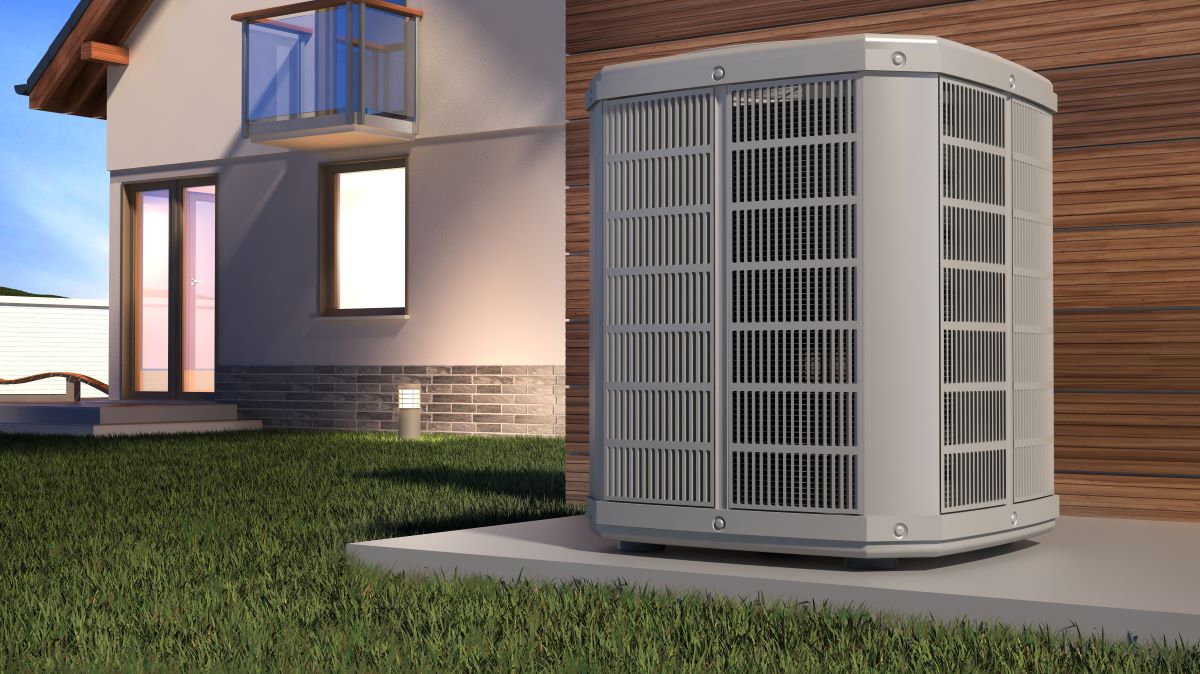
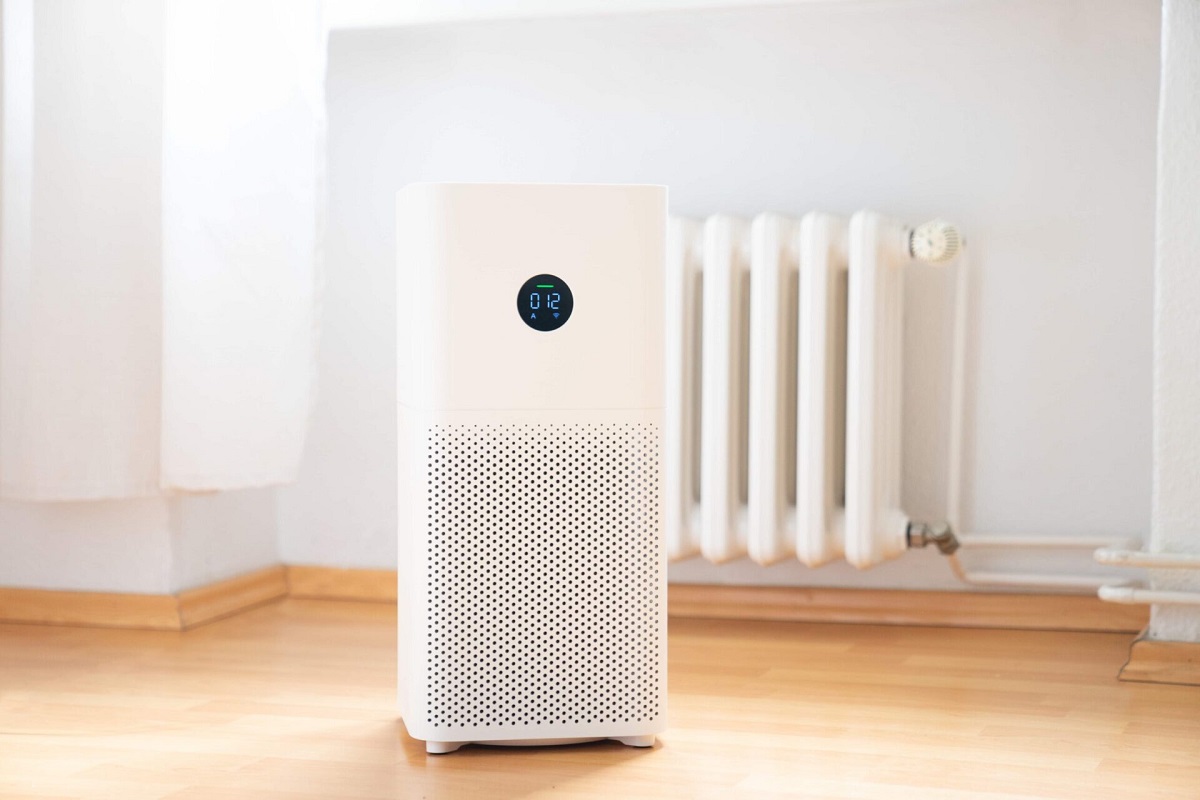
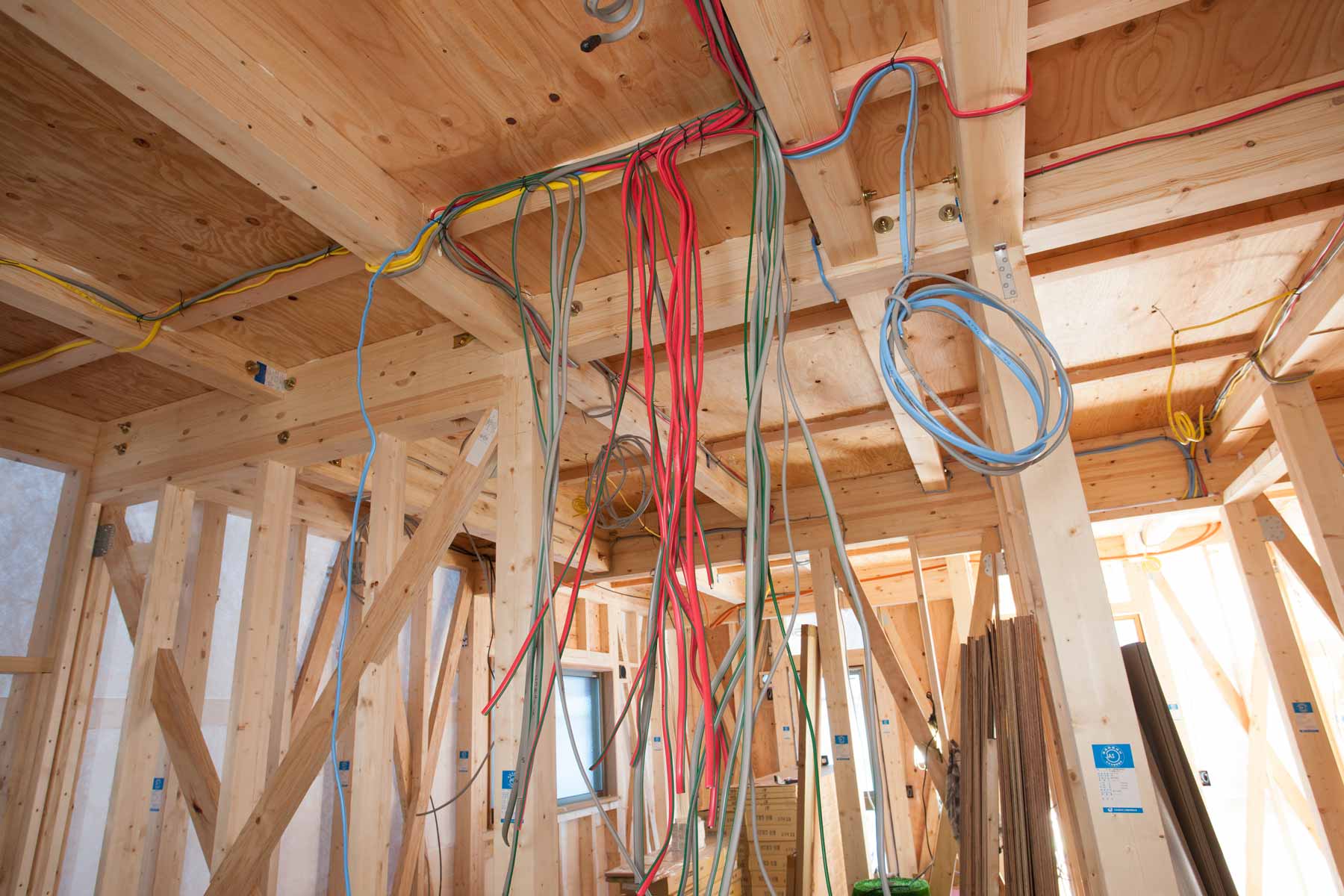
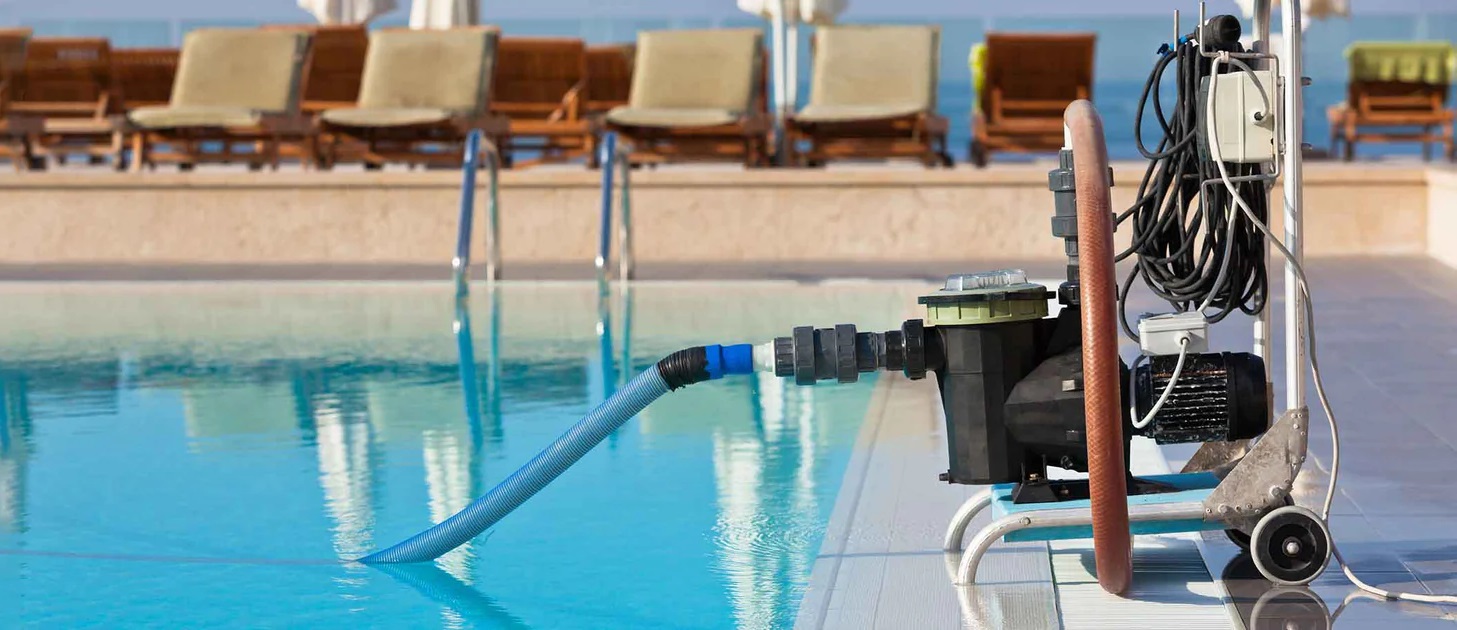
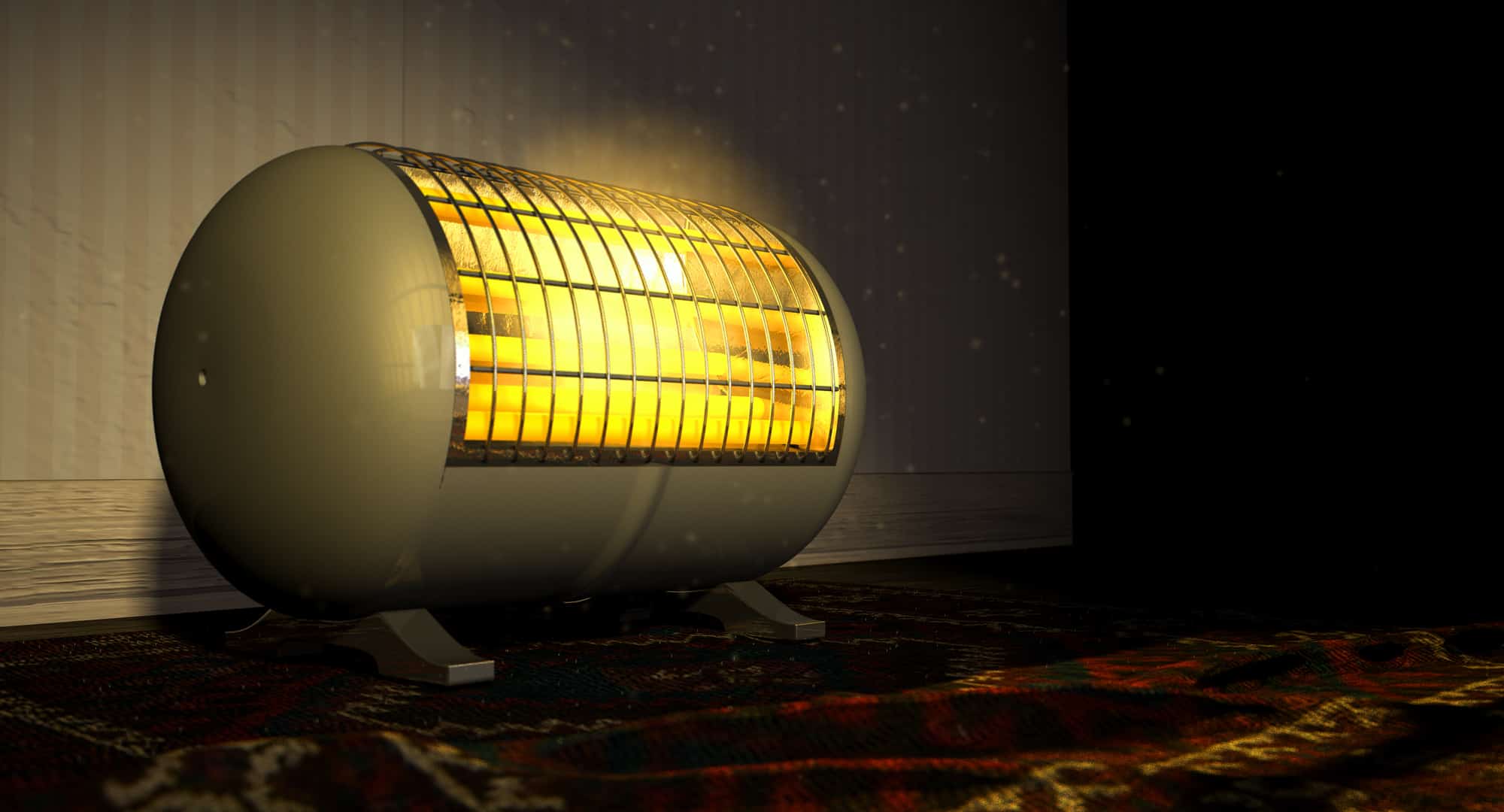
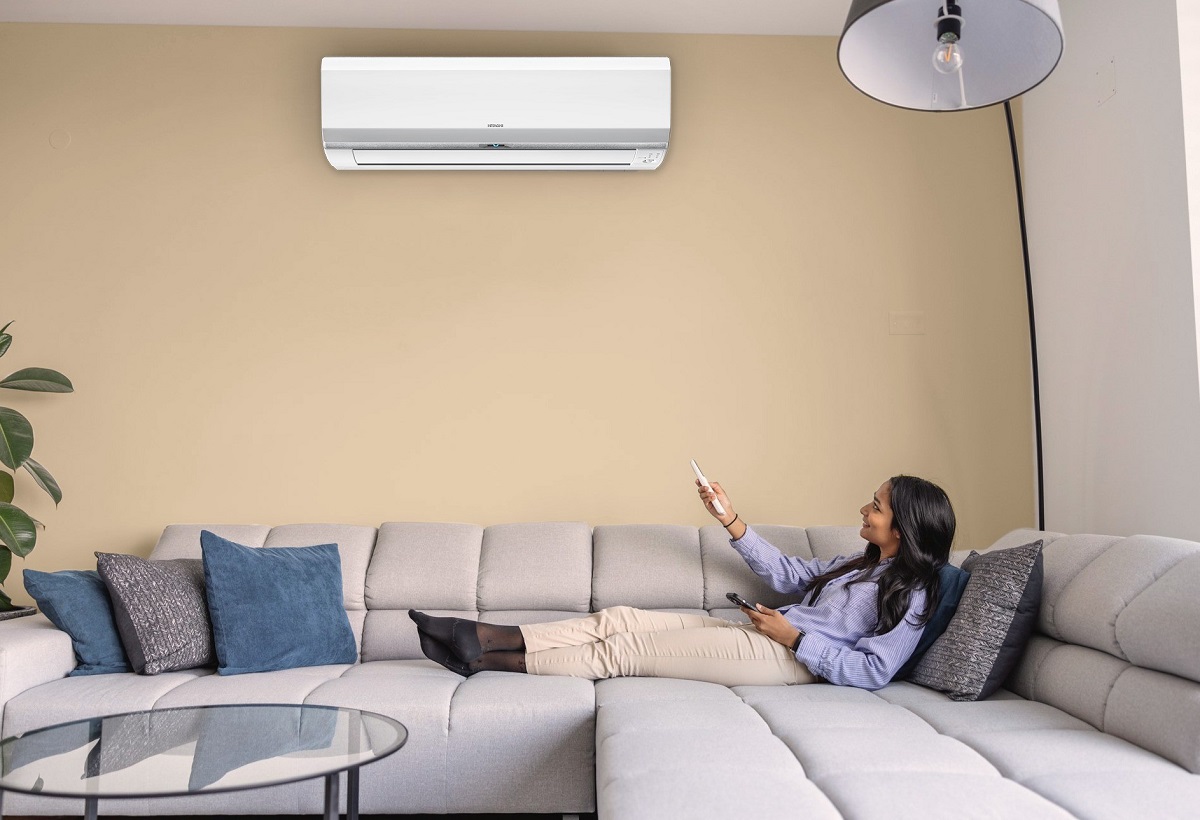
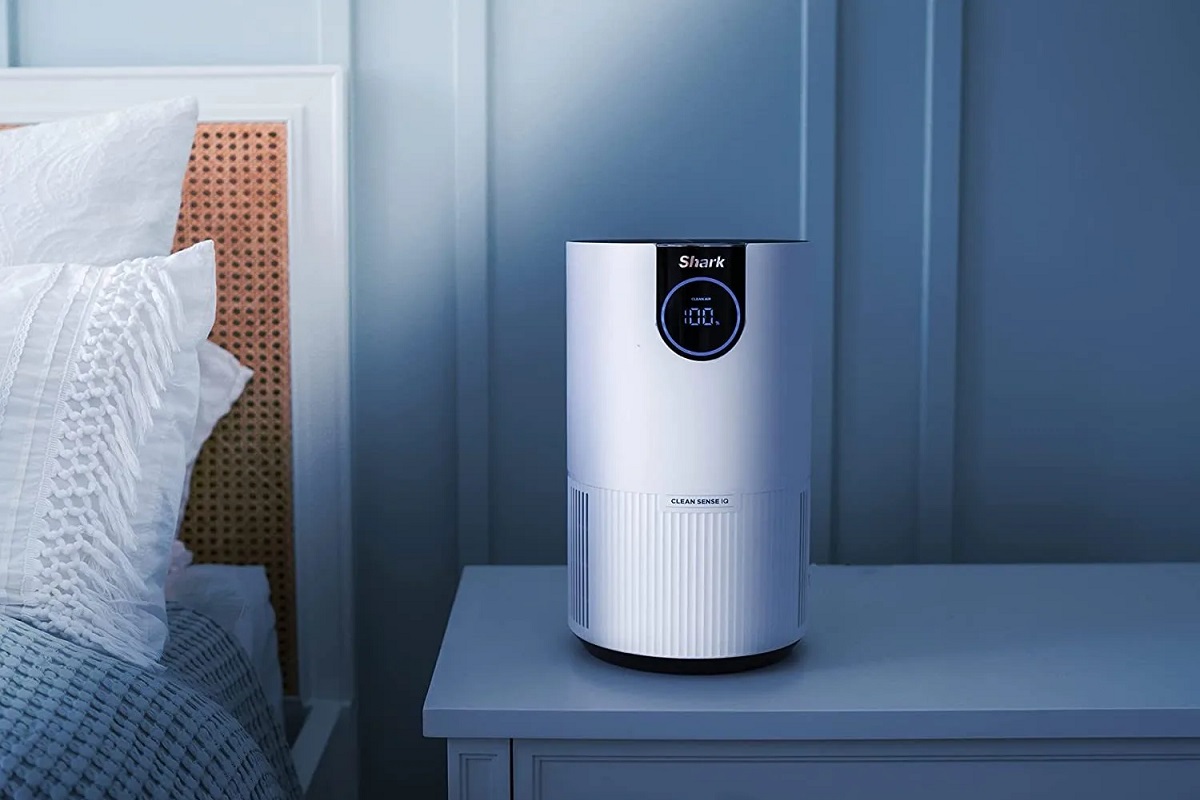
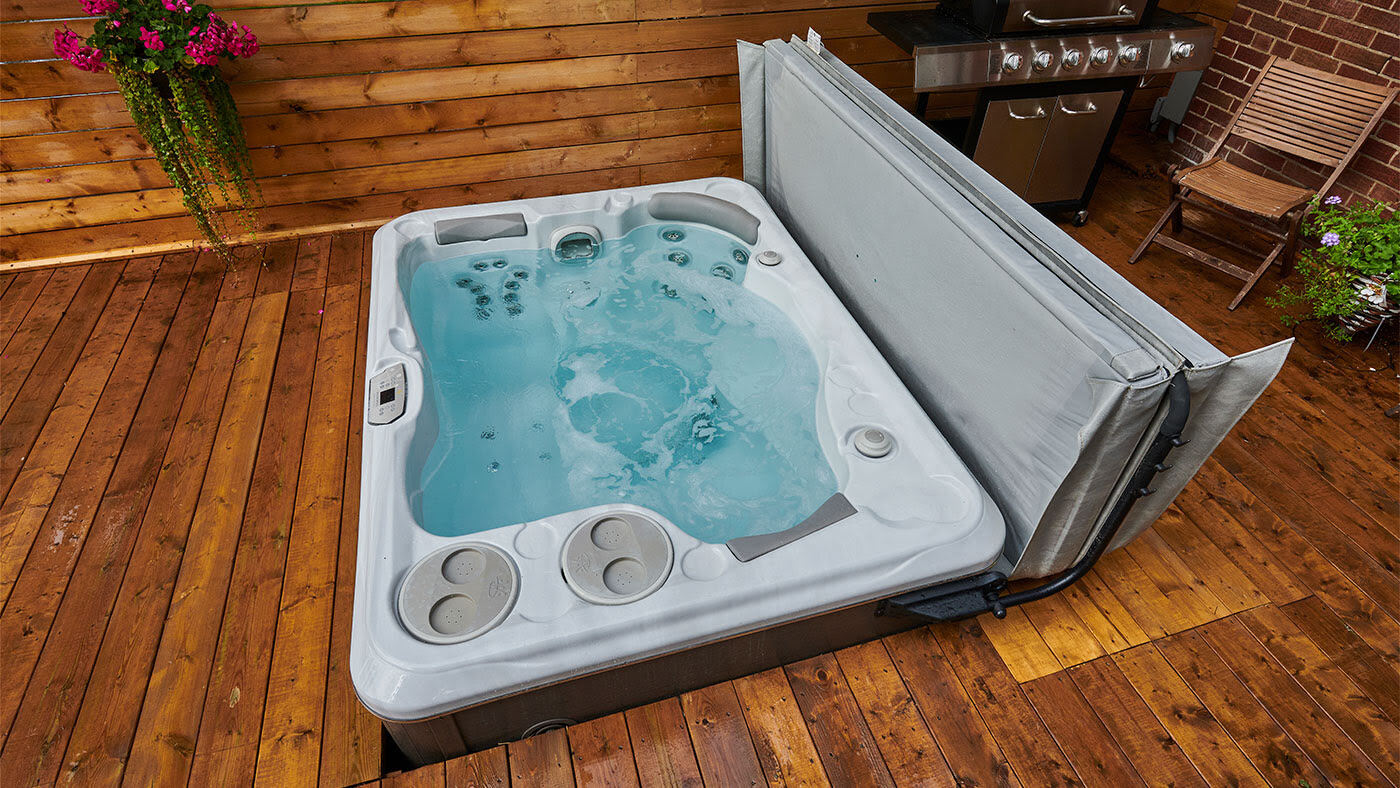
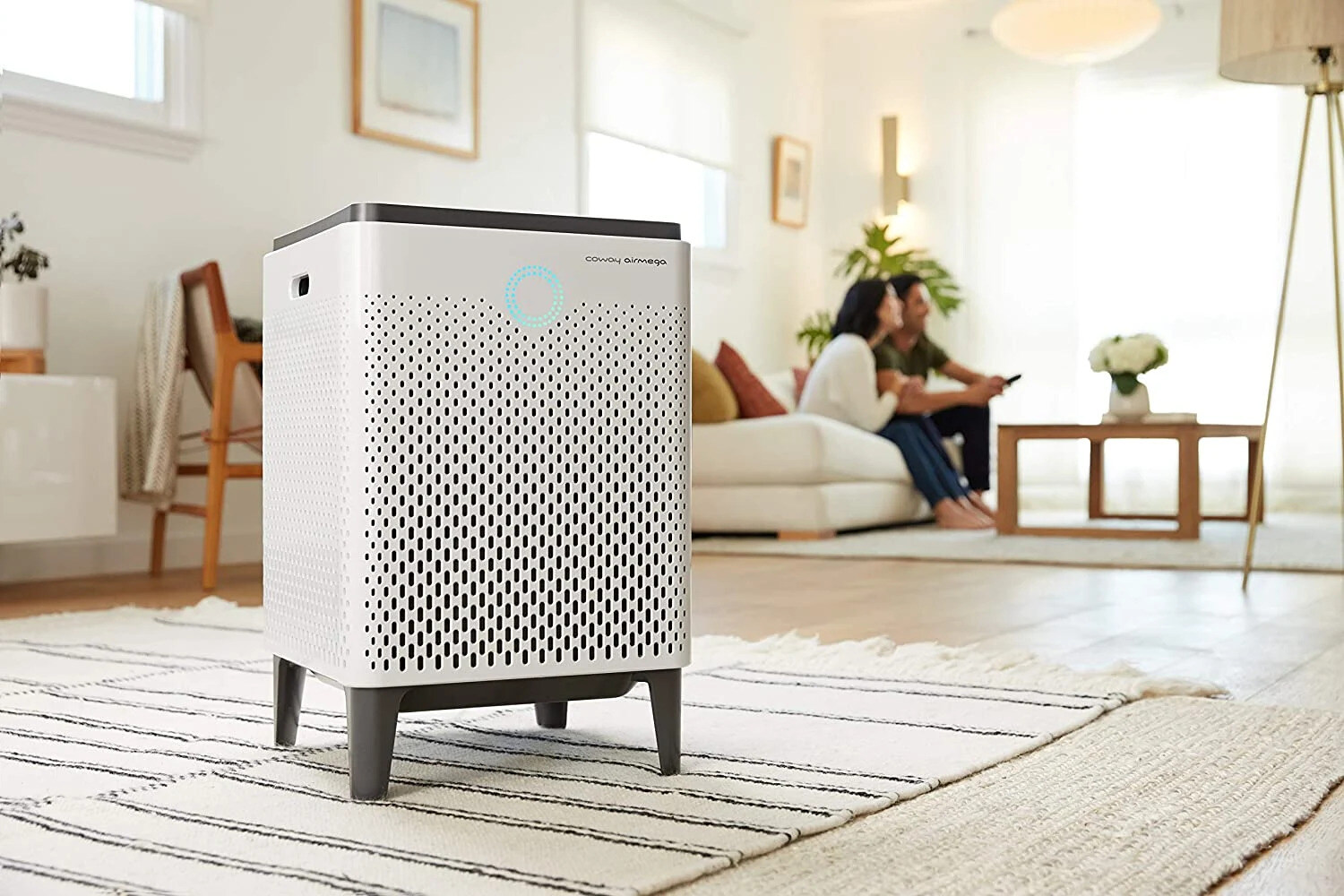
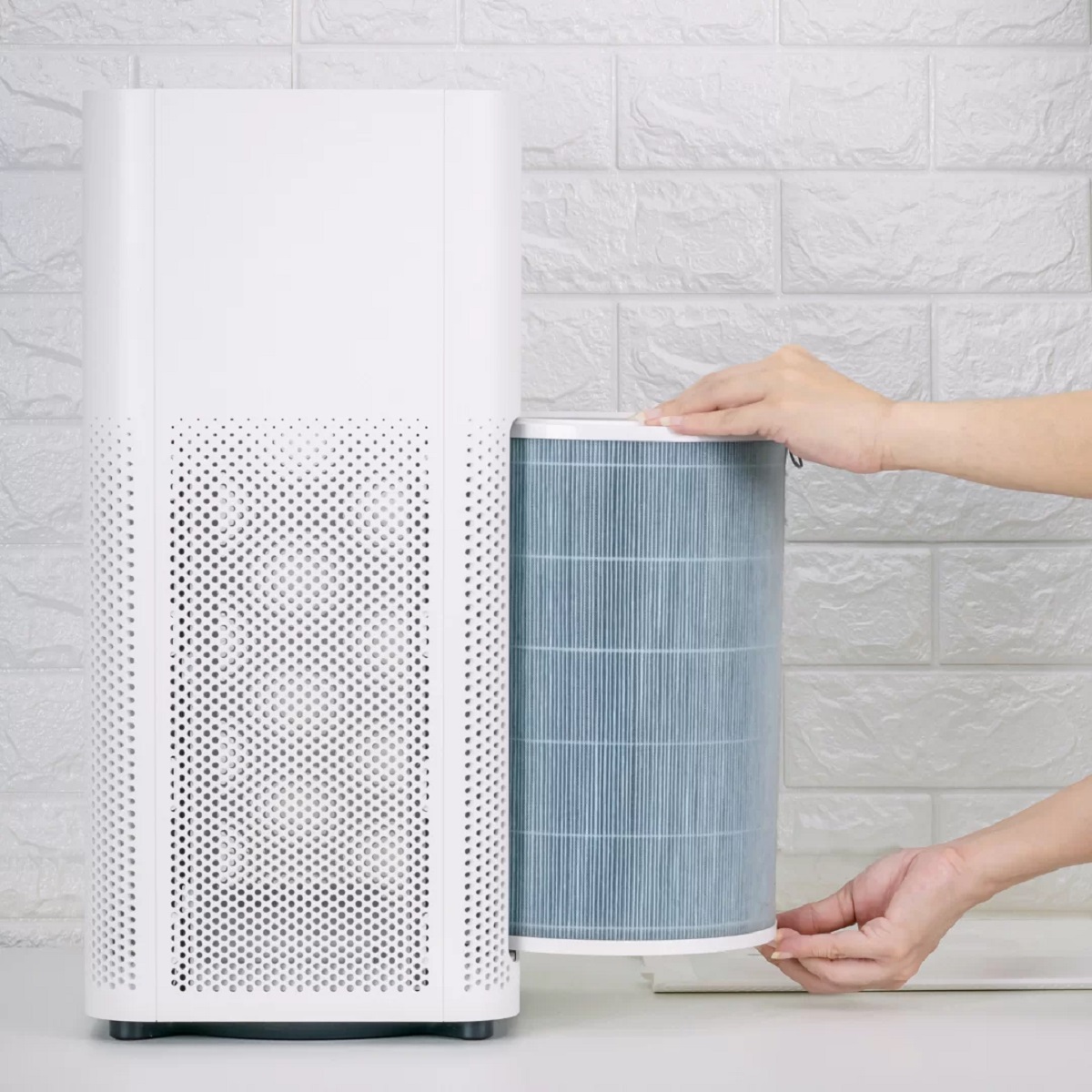
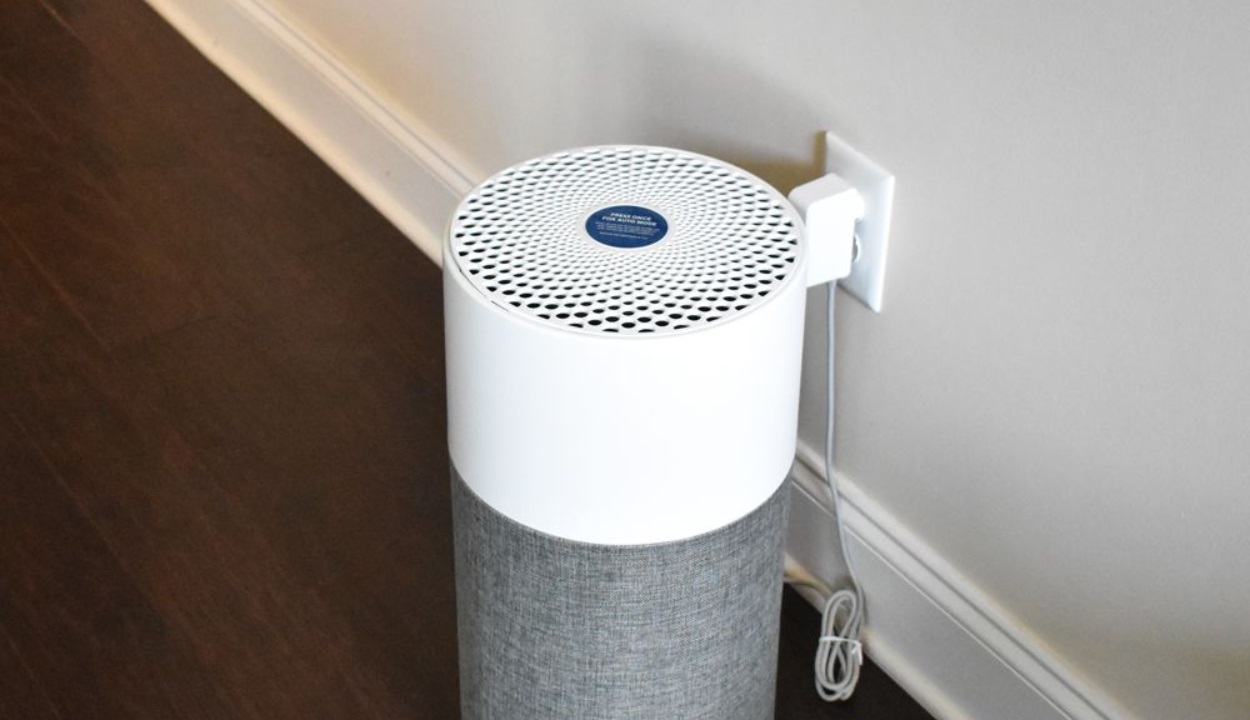
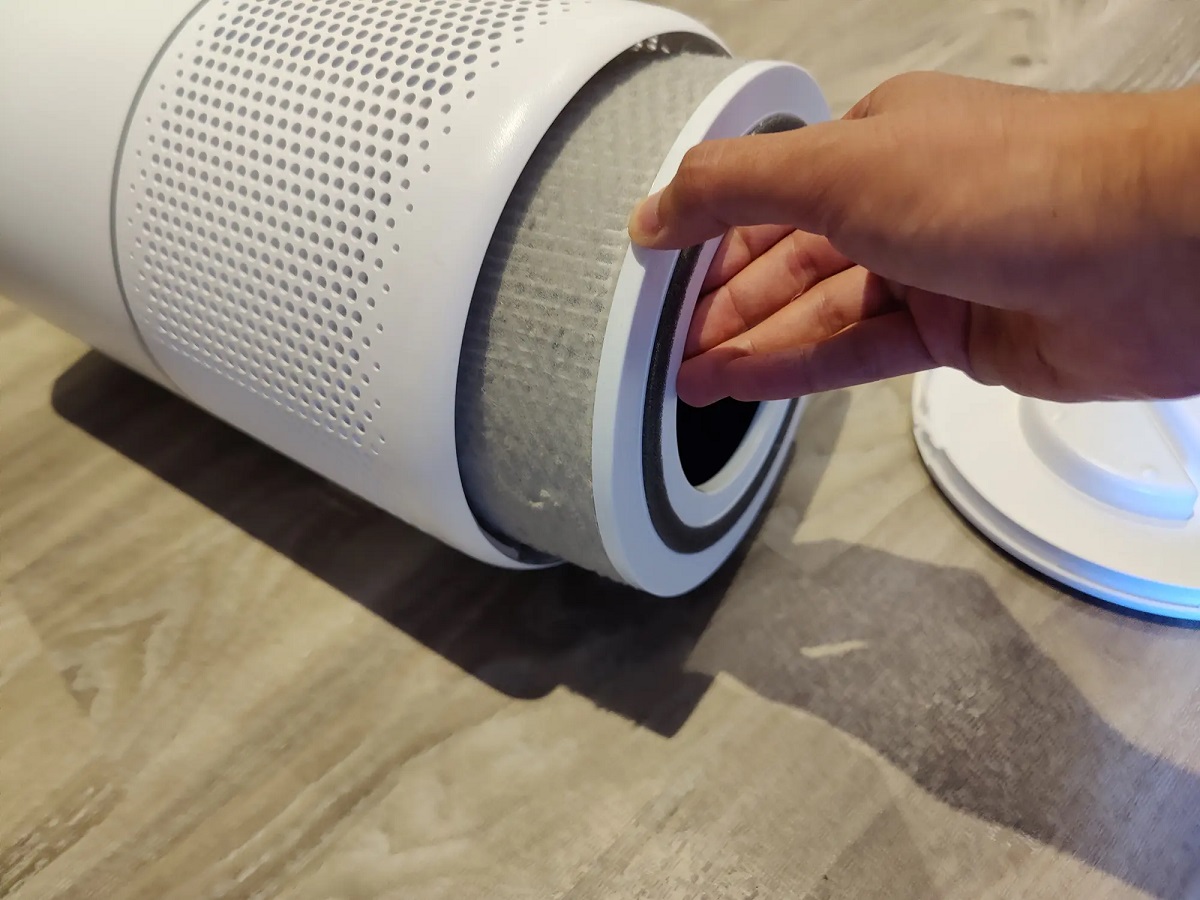
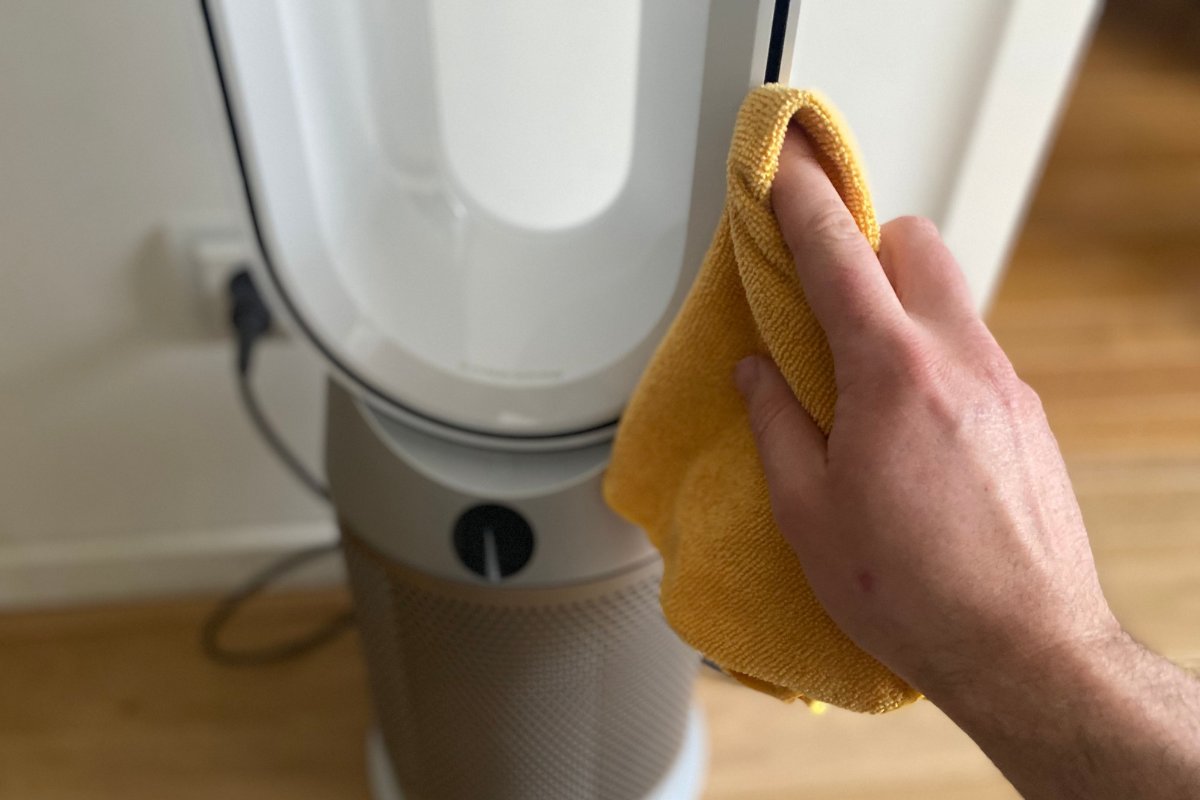

0 thoughts on “How Long Should You Run Air Purifier”